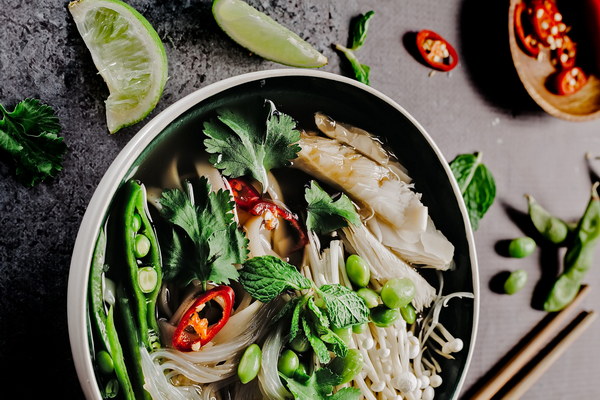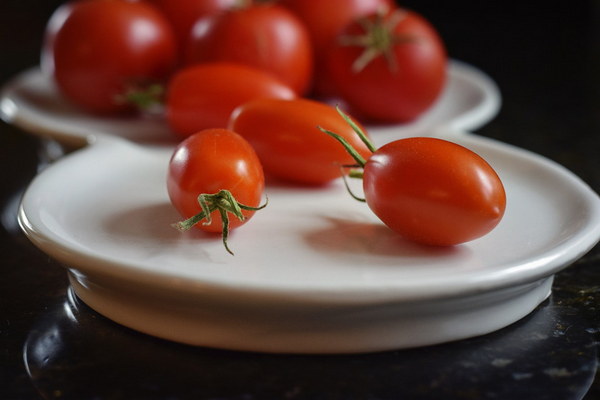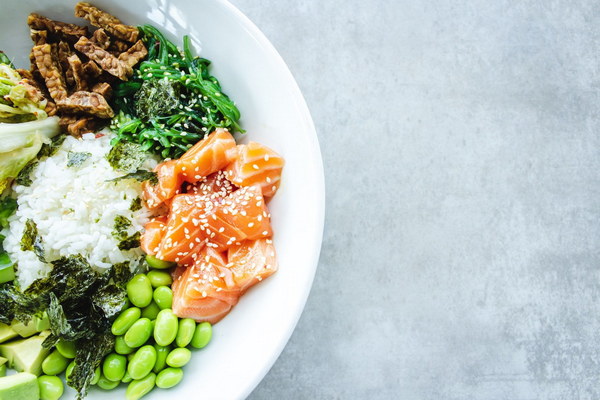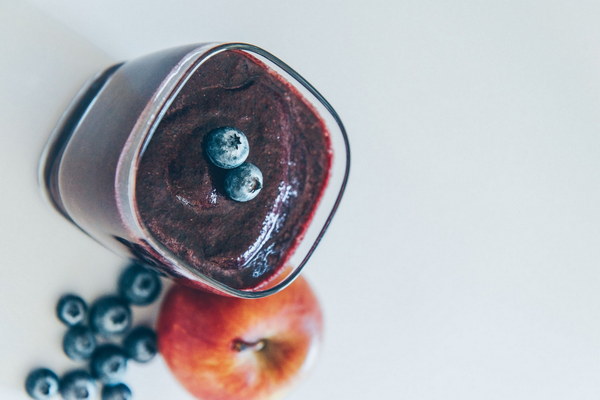Revitalizing Health with Popular Traditional Chinese Dietary Supplements A Journey into the World of Chinese Nutrition
In the realm of health and wellness, the concept of dietary supplements has been a cornerstone of traditional Chinese medicine (TCM) for centuries. These natural remedies, often derived from herbs, minerals, and other natural ingredients, are believed to provide a wide range of health benefits. As people around the world continue to seek alternative ways to improve their well-being, the popularity of traditional Chinese dietary supplements has surged. This article delves into the world of these popular supplements, exploring their origins, benefits, and how they can be integrated into a modern diet.
The foundation of Chinese dietary supplements lies in the ancient philosophy of balancing the body's Yin and Yang energies. By correcting imbalances, these supplements aim to restore health and vitality. Here's an overview of some of the most popular traditional Chinese dietary supplements:
1. Ginseng (Ren Shen): Known as the king of herbs, ginseng is believed to boost energy, improve mental clarity, and enhance overall well-being. It is often used to combat fatigue, stress, and weakness.
2. Astragalus (Huang Qi): This herb is revered for its immune-boosting properties. It is commonly used to treat colds, flu, and other infections, as well as to improve overall immune function.
3. Goji Berries (Luòzǐ): These antioxidant-rich berries are a favorite among TCM enthusiasts. They are believed to improve vision, enhance energy levels, and support kidney function.

4. Schisandra (Wu Wei Zi): This berry is famous for its adaptogenic properties, helping the body cope with stress and fatigue. It is also thought to improve memory and concentration.
5. Reishi Mushroom (Fusong): This medicinal mushroom is prized for its ability to boost the immune system, reduce stress, and improve sleep quality. It is also believed to have anti-aging properties.
6. Green Tea (Luǒ Yún Té): A staple in Chinese culture, green tea is rich in antioxidants and has been shown to improve cardiovascular health, boost metabolism, and reduce the risk of certain cancers.
Integrating these supplements into your diet is relatively straightforward. Here are a few tips on how to incorporate traditional Chinese dietary supplements into your daily routine:
1. Consult a TCM practitioner: Before starting any new supplement regimen, it's crucial to consult a TCM practitioner who can assess your individual needs and provide personalized recommendations.
2. Research and choose quality supplements: Ensure that the supplements you choose are of high quality and have been tested for purity. Look for brands that adhere to strict quality control standards.
3. Start with a low dose: When introducing new supplements into your diet, it's best to start with a low dose and gradually increase as needed.
4. Monitor your body's response: Pay attention to how your body responds to the supplements. If you experience any adverse effects, consult with your TCM practitioner.
5. Maintain a balanced diet: While supplements can offer numerous health benefits, they should not replace a balanced diet. Incorporate a variety of nutrient-rich foods into your meals to ensure optimal health.
In conclusion, traditional Chinese dietary supplements have gained popularity for their natural, holistic approach to health. By understanding their origins, benefits, and proper integration into your diet, you can embark on a journey towards better health and vitality. As always, it's essential to consult with a healthcare professional before starting any new supplement regimen.









